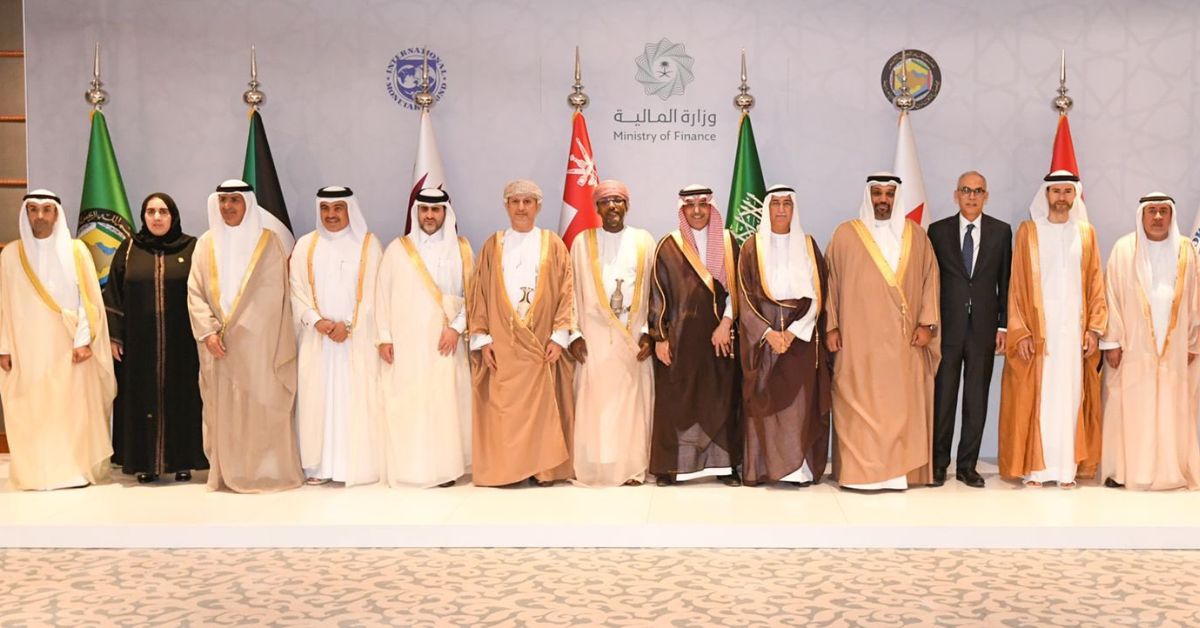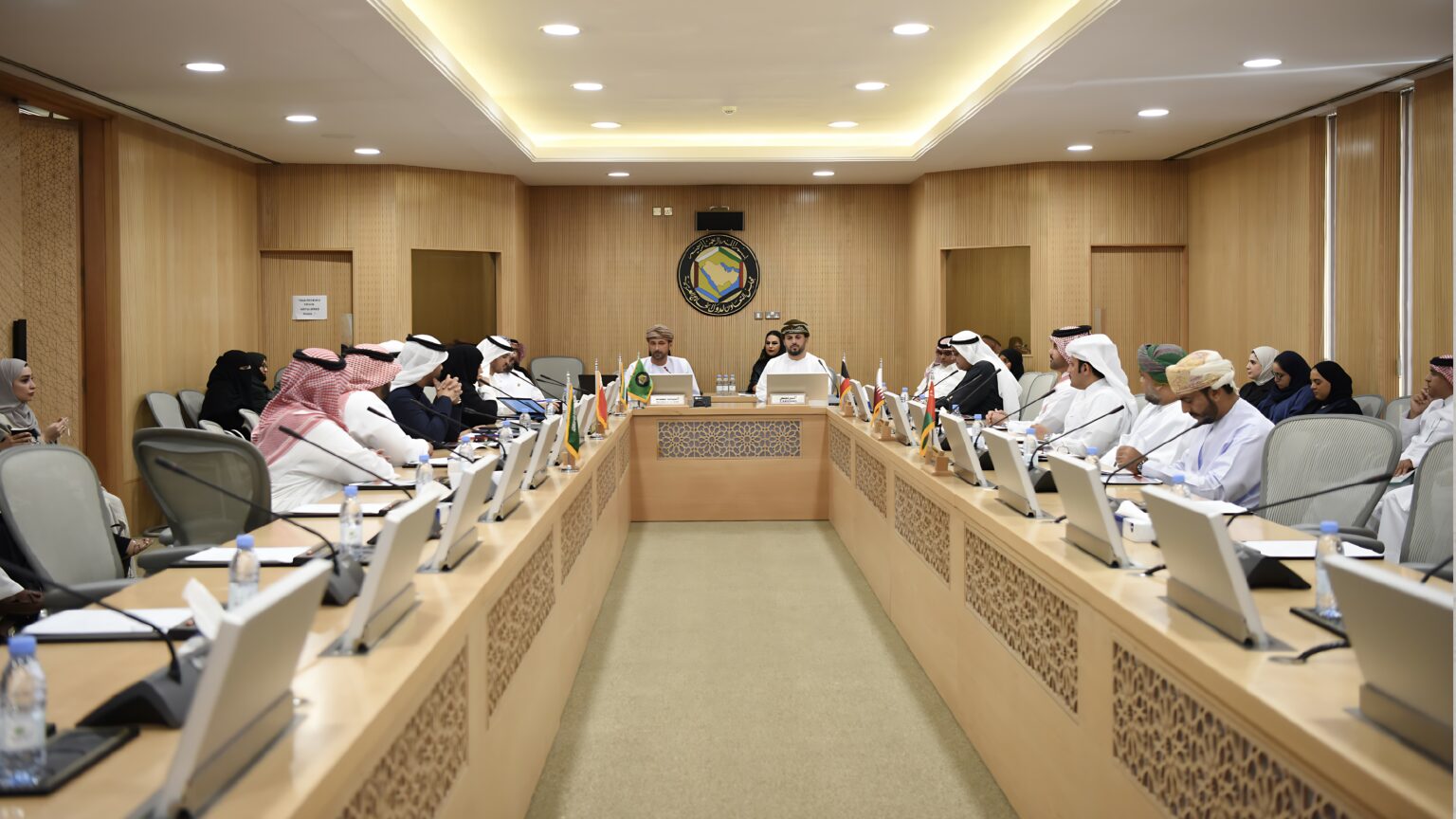ABU DHABI, UAE — The decision to establish the Gulf Common Market marks a significant milestone in the GCC countries’ journey toward joint economic action, with evident positive impacts across the board.
The common market, unveiled at the Doha Conference in 2007, seeks to treat citizens of GCC countries uniformly, without distinction or discrimination in all economic sectors across member states.
Relevant Gulf authorities persist in their endeavors to enhance the common market’s efficacy. The Financial and Economic Cooperation Committee of the Gulf Cooperation Council countries has endorsed various laws and decisions aimed at fostering economic integration in the Gulf region, culminating in economic unification by 2025.
This was discussed during the committee’s 120th meeting on October 5, 2023, in Muscat, Oman’s capital, chaired by Sultan Al Habsi, Oman’s Minister of Finance.
In a statement, the Cooperation Council highlighted key recommendations, most notably the adoption of a timeline to finalize the customs union by the end of 2024, the development of its execution plan, and the approval of the remaining steps to complete the Gulf common market’s objectives, leading to economic unification in 2025.
Earlier, the Gulf Joint Market Committee convened its 37th meeting in Riyadh, attended by representatives from all GCC countries, the National Statistical Centers in GCC countries, and representatives from the National Chambers of Commerce in member states.
At A Glance Establishment of the Gulf Common Market * Significant milestone in GCC countries' joint economic action. * Positive impacts across all member states. * Unveiled at the Doha Conference in 2007. * Aim: Treat all GCC citizens uniformly in all economic sectors. Efforts to Enhance the Common Market * Financial and Economic Cooperation Committee endorses laws for economic integration. * Goal: Economic unification by 2025. * 120th committee meeting held in Muscat, Oman on October 5, 2023. * Chaired by Sultan Al Habsi, Oman's Minister of Finance. Cooperation Council's Key Recommendations * Finalize the customs union by end of 2024. * Develop an execution plan for the Gulf common market. * Complete remaining steps for economic unification in 2025. Gulf Joint Market Committee's 37th Meeting: * Held in Riyadh with representatives from all GCC countries. * Addressed decisions made by the Financial and Economic Cooperation Committee. * Discussed the Gulf common market's rollout and media campaigns. * Highlighted the digital transformation strategy within the common market. Statistical Surveys and Databases * Gulf Statistical Center presented the "third phase" of the survey. * National statistical centers detailed the status of related databases. Introduction of New Pathways * Financial and Economic Cooperation Committee introduces new tracks. * General Secretariat activates these pathways for 2022-2024. Partnership with the Gulf Private Sector * Collaboration with the Union of Gulf Chambers. * Periodic meetings with representatives from all related sectors. Benefits for Gulf Citizens * Ten tracks include mobility, employment, social insurance, real estate ownership, and more. * Ability to travel, reside, own real estate, and engage in economic activities across GCC countries. * Gulf companies can open branches in other GCC countries. * Gulf citizens can work, receive medical treatment, and enroll in schools across GCC countries. Communication Portal "Takamul" * Electronic portal for citizens to submit feedback about the Gulf common market.
As reported by the Saudi News Agency, the meeting on February 8, 2023, addressed several follow-up topics. These encompassed decisions made by the Financial and Economic Cooperation Committee and the Supreme Council of the Gulf States during their 43rd session the previous December, centering on the Gulf common market’s rollout.
The meeting also touched on media campaigns highlighting the advantages of Gulf citizenship, which covers a wide range of goals, and the digital transformation strategy in the Gulf common market. This strategy is designed to establish a unified Gulf strategic framework for digital transformation within the common market.
Additionally, the Gulf Statistical Center presented the “third phase” of the statistical survey assessing the on-ground implementation of the Gulf common market pathways. The national statistical centers of member countries also detailed the status of the statistical databases related to the Gulf common market.
In addition to the ten tracks currently in place, the Financial and Economic Cooperation Committee has decided to introduce new pathways in the Gulf common market.
According to the Saudi Al-Eqtisadiah newspaper, the Gulf Cooperation Council’s General Secretariat is working to implement and activate these new pathways, which will be incorporated into the Gulf Joint Market Committee’s work plan for 2022-2024.
The General Secretariat has confirmed that efforts are underway to activate the Gulf common market in partnership with the Gulf private sector, represented by the Union of Gulf Chambers. This collaboration involves periodic meetings attended by representatives from all sectors related to the member states.
The member states have successfully navigated the challenges the market faced, leading to numerous tangible benefits for Gulf citizens.

It’s worth noting that the ten tracks encompass mobility and relocation, employment in both public and private sectors, social insurance and retirement, practicing professions and crafts, participation in all economic, investment, and service activities, real estate ownership, capital movement, tax treatment, trading and purchasing shares, establishing businesses, and accessing education, health, and social services.
According to the General Secretariat’s official website, the Gulf common market pursues both political and economic objectives. It ensures the smooth flow of goods between Gulf countries, fostering competition among Gulf institutions to the consumers’ advantage. Additionally, it contributes to regional political stability and bolsters military and political cooperation.
Some of the most significant benefits for Gulf citizens include the ability to travel between GCC countries using a smart card, reside in any member country without restrictions, own real estate for both residential and investment purposes, engage in economic, investment, commercial, and service activities, practice professions and crafts, trade and purchase shares, and establish joint-stock companies.
Furthermore, Gulf companies can open branches in other GCC countries. These branches are treated as domestic companies, and Gulf citizens are granted financial, investment, and commercial transactions. They can also work in any GCC country, benefit from insurance coverage and retirement perks, receive treatment in any GCC country’s hospital, dispensary, or government medical center as a local citizen, and enroll in any GCC country’s government schools and institutes.
To facilitate communication, the Gulf countries launched the “Takamul” electronic portal, allowing citizens to submit complaints, suggestions, inquiries, or other feedback about the Gulf common market. This ensures timely action and responses.

